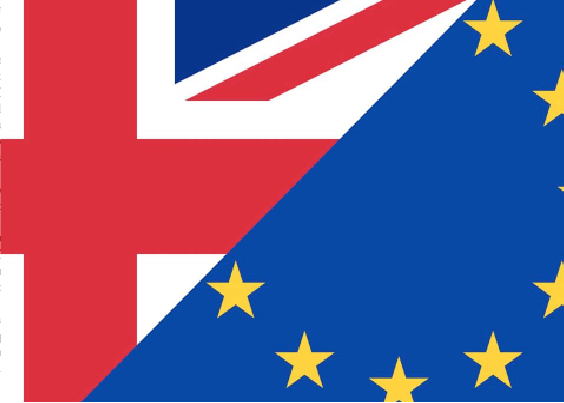Brexit will lead to a “barbed wire divorce” of the UK and EU, according to Sussex economists in a briefing published this month.
The economists at the UK Trade Policy Observatory put forward in their briefing paper “UK-EU Trade Relations Post Brexit: Too Many Red Lines?” that taking “four key constraints”, or “red lines”, into account, it can be inferred that an unpleasant and bitter separation of Britain from the EU is likely.
Academics Michael Gasiorek, Peter Holmes and Jim Rollo proposed five likely outcomes for future trading relations between Britain and the EU in this briefing.
Ranking these outcomes by cross-referencing them with the defensive and offensive interests of the UK on a spectrum ranging from “objective is fully satisfied” to “objective is not satisfied”, the authors found that only one outcome satisfied all of the UK’s “red lines”, and speculated that this outcome might prove difficult to fund.
The authors proposed that “an Free Trade Agreement with a variety of special sectoral arrangements” would be the only palatable outcome for the UK.
Even if it were funded, they further showed, the EU would quite possibly reject it. This outcome could also limit the ability for the UK to negotiate free trade agreements with third-world countries.
The authors acknowledge that it is “easy to be lost in pessimism” over the options available in our future, given that a hard Brexit means that “both Britain and the EU will lose”.
In response, the Department for Exiting the European Union said: “The UK will continue to be a global leader of free trade and we want to see British companies having the maximum freedom to trade with and operate in the Single Market.
“The Government will continue to work closely with British businesses as we approach the negotiations so that together we can make a success out of Brexit”.
Coming after the news that Theresa May needs Supreme Court approval to trigger Article 50, the likelihood of Brexit occurring, let alone proving beneficial for any party, is marred further when taking these facts into account.
In a referendum held on 23rd June 2016, 51.9% of the population voted to leave the European Union, with 68.6% of Brighton and Hove residents voting to remain part of the 28-nation bloc.
Picture Credit: Daniel Green


